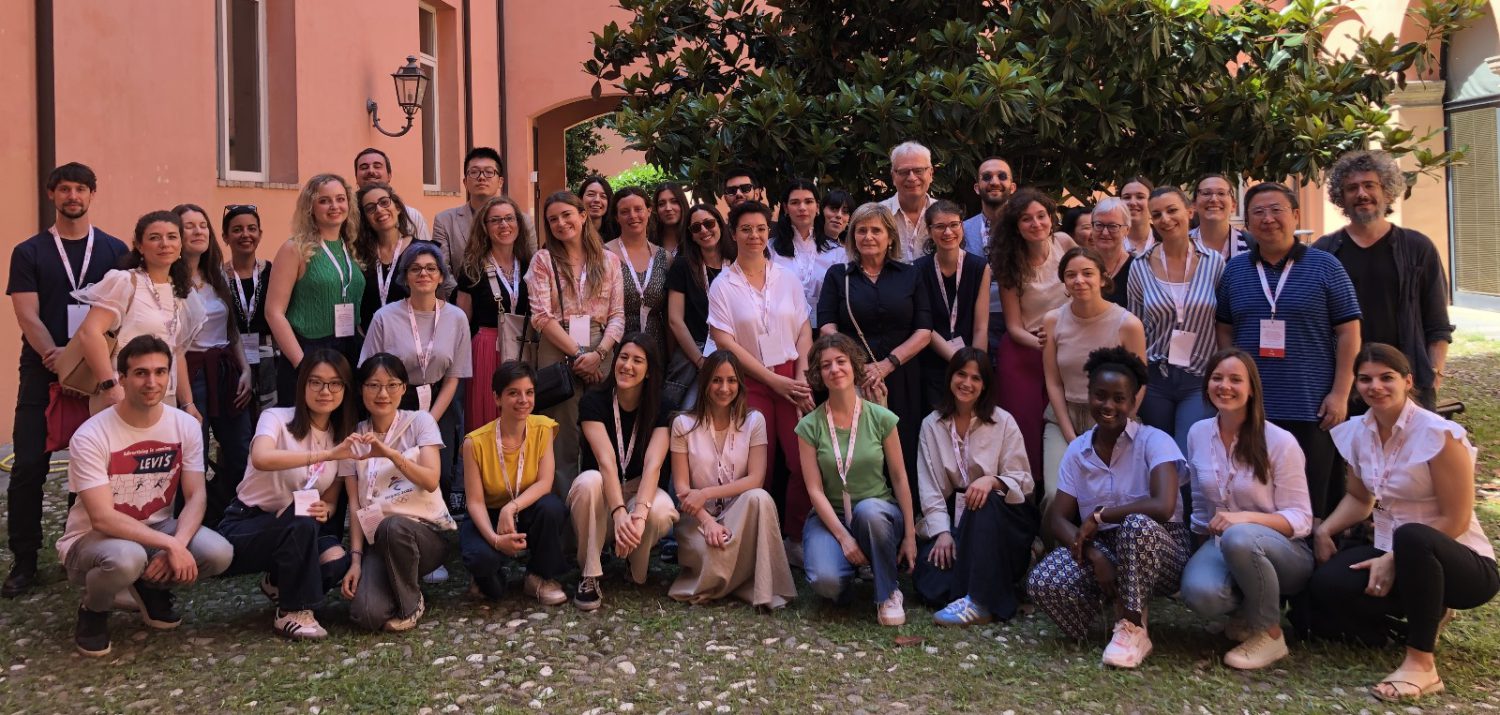Digital Humanities and Digital Communication: AI and (new) literacies
Download the Book of Abstract 2023
Modena, June 12th-16th
Technological advances continue to transform the way we think, communicate, work and live, imposing more and more demands on our ability to access, read and interpret information. Nowadays the meaning of literacy has stretched far beyond its traditional sense of the ability to read and write text. Over the years, we have had to come to terms with computer literacy, media literacy, visual literacy, multimodal literacy and more recently AI literacy. The various formats and affordances created by the new technologies call upon multiple semiotic modes (verbal, visual, aural, spatial and gestural). In the process, these technologies are having a marked impact on how we receive, perceive and interpret information, and thus on the dissemination of knowledge.
The digital revolution opens up new intellectual horizons. One consequence is that it enriches the variety and capacity of methodologies that can be adopted in research in the humanities, including in fields such as linguistics, history and education. But recent development of tools like ChatGPT and DALL-E2 inevitably give rise to concern about the long-term effects that generative artificial intelligence may have on society and individuals. Will AI undermine human abilities and skills, even making some redundant? Will it lessen the desire to think, write, or draw for ourselves? Alternatively, can AI be an ally, stimulating new forms of human creativity and novel research pathways?
The 2023 Summer School will try to address some of these questions from different disciplinary points of view, while at the same time giving participants an opportunity to explore some of the recent advances in the field of digital humanities in hands-on workshops.

